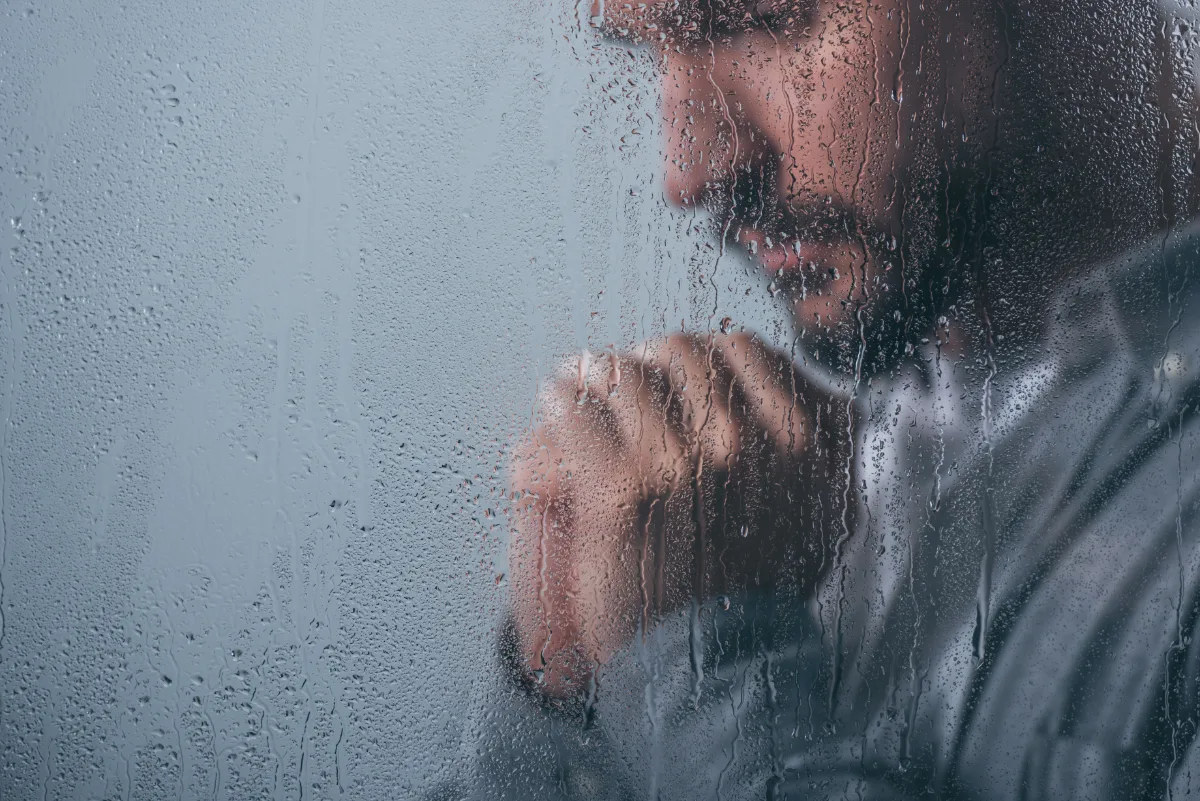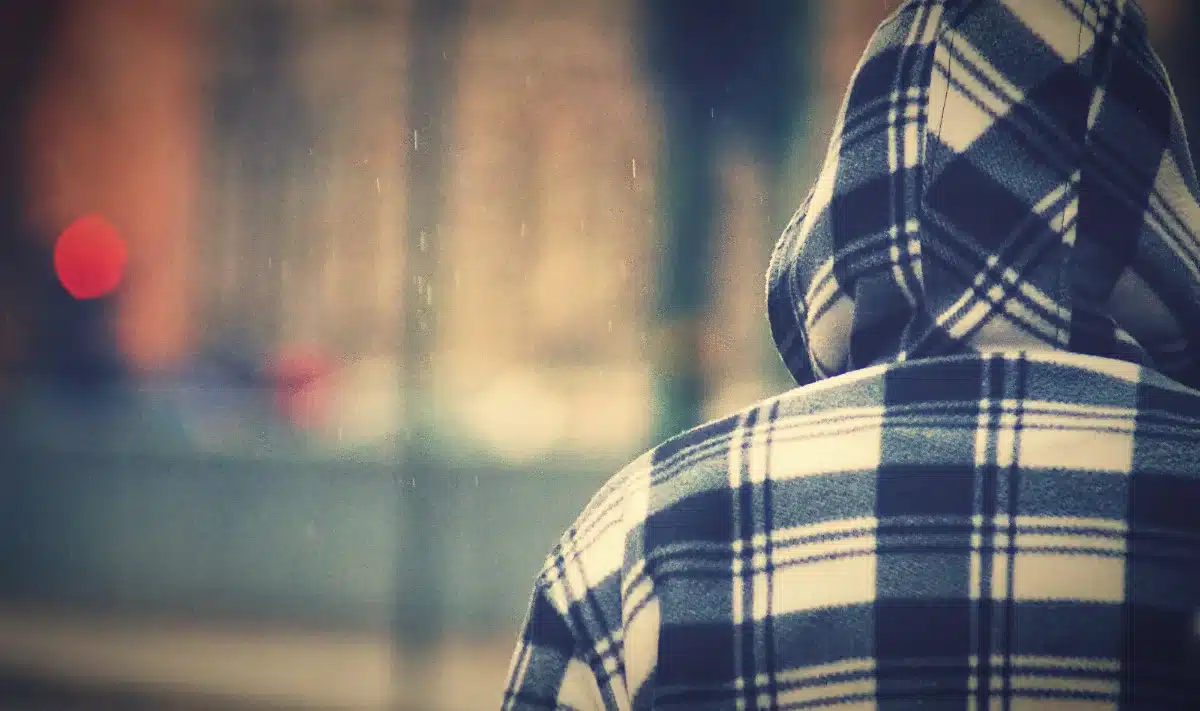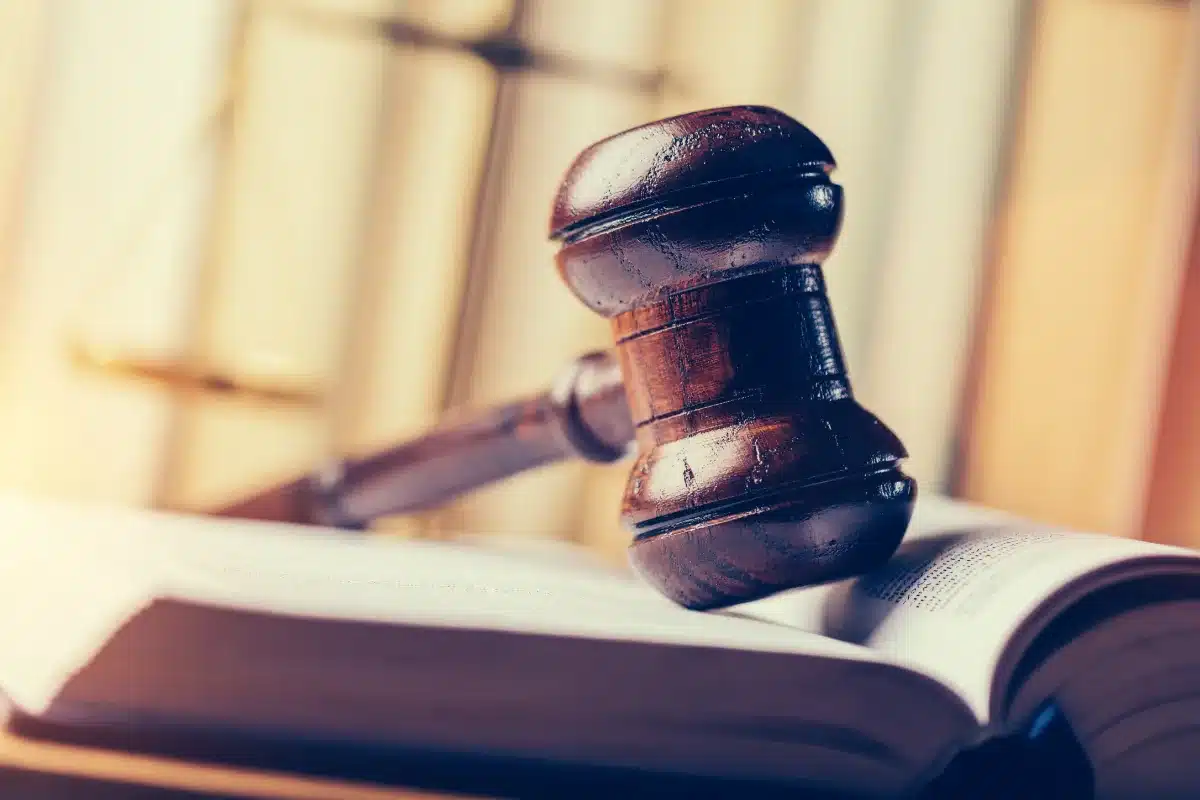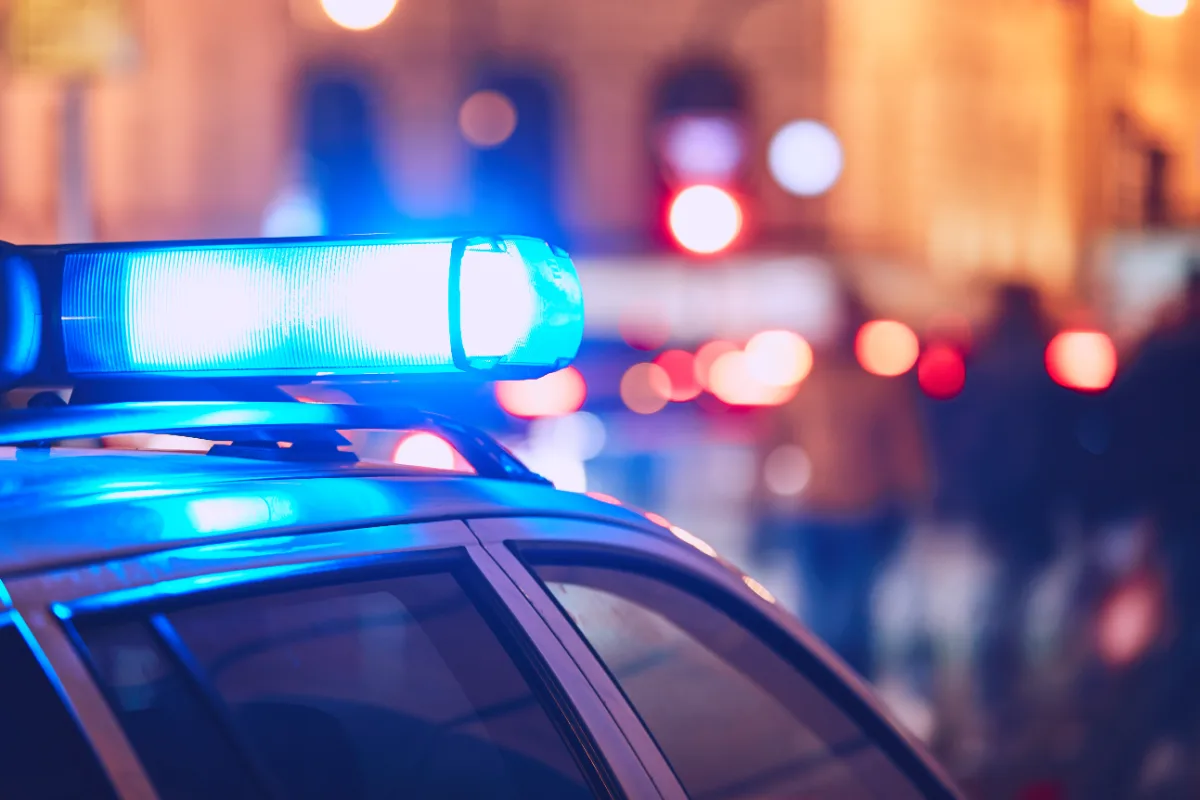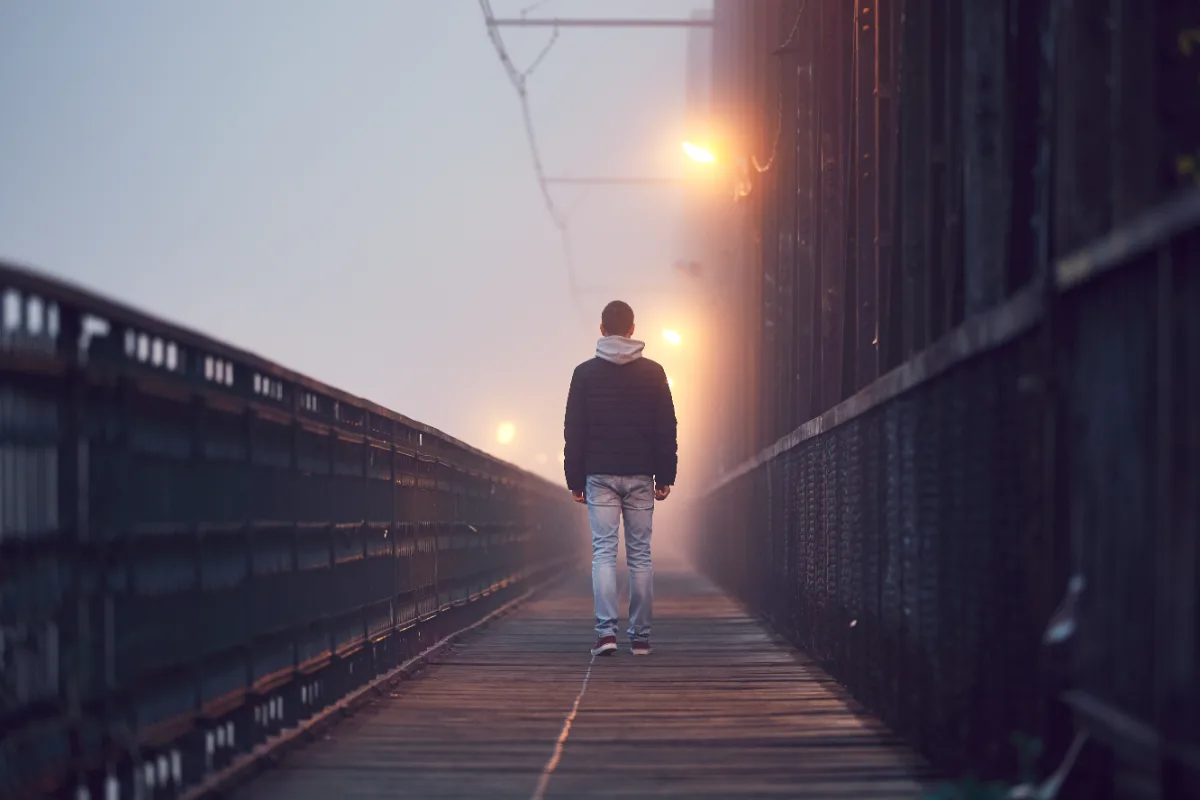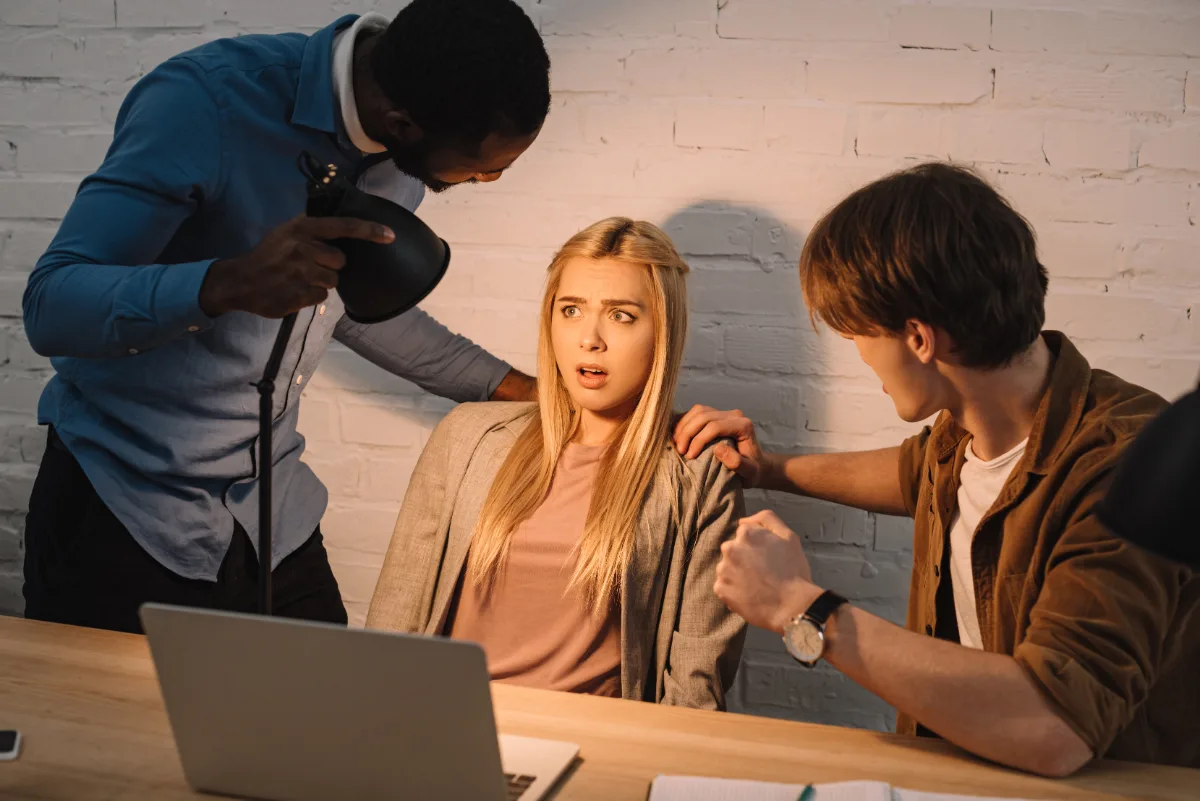WHAT IS UNLAWFUL ELECTRONIC TRANSMISSION OF SEXUALLY EXPLICIT VISUAL MATERIAL IN TEXAS? The Texas law against unlawful electronic transmission of sexually explicit visual material prohibits texting or emailing sexually explicit photographs or videos to another without consent. What is sexually explicit visual material? Texas Penal Code Section 33.021 defines “sexually...


